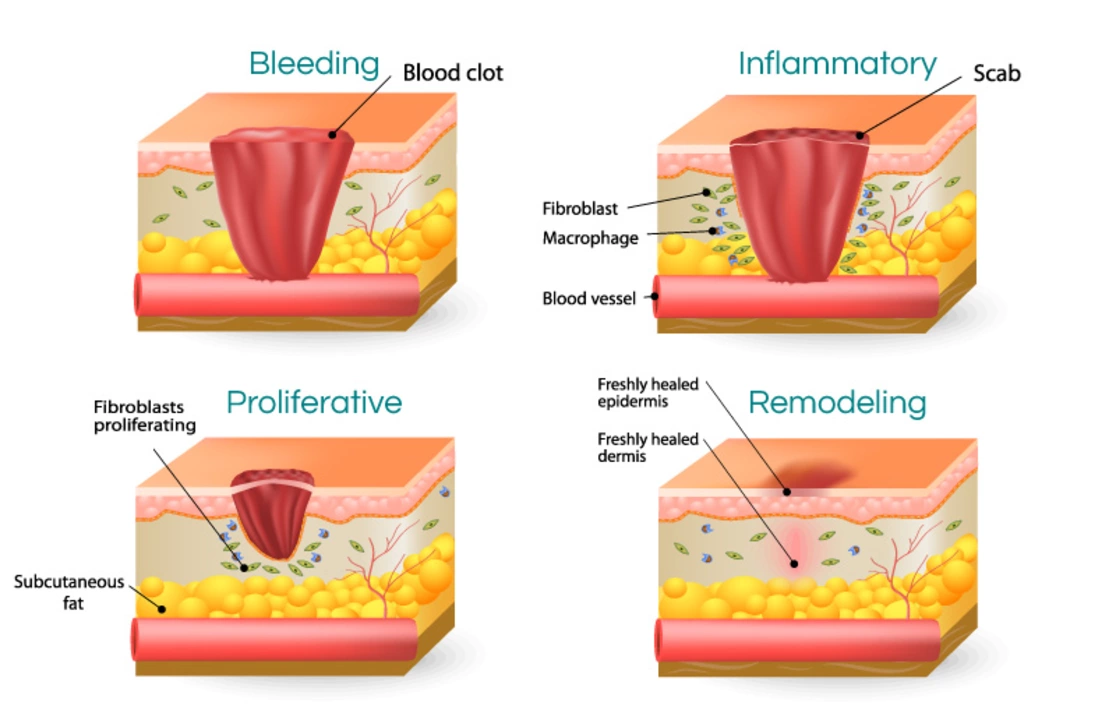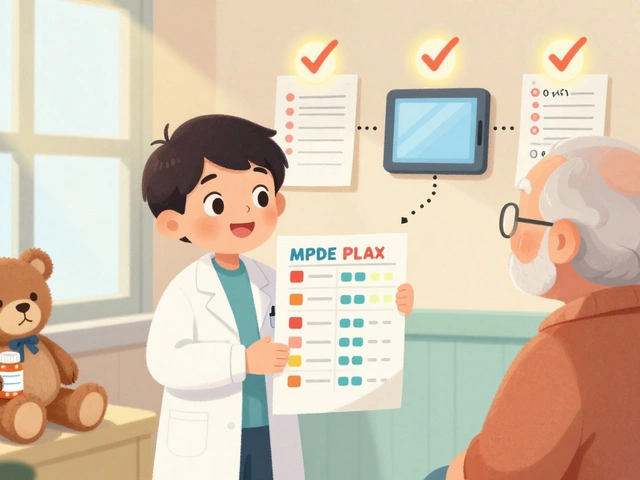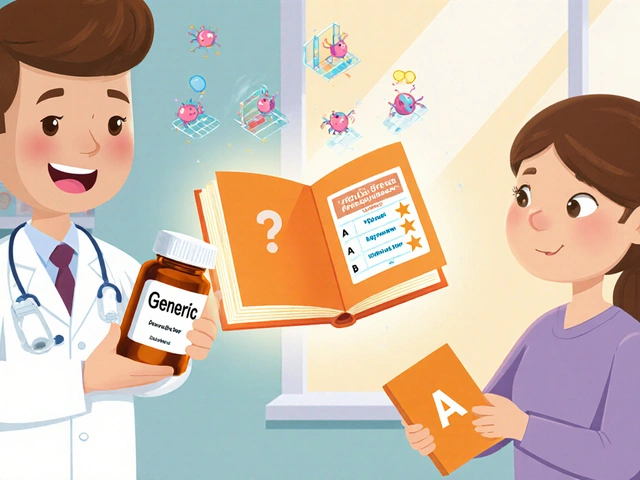Healing properties: herbs, drugs, and supplements that can help
Want straight talk about what helps your body heal? The phrase “healing properties” gets thrown around a lot. Here you'll find plain, useful info on plants, prescription meds, and supplements—what they do, when they help, and what to watch out for.
How to read healing claims without getting fooled
Start by asking three simple questions: Is there clinical evidence? Are benefits dose-dependent? What are the risks? For example, articles on this site compare bitter herbs like tansy, wormwood, and gentian—useful if you want digestion support but risky if you ignore dosage. Another piece explains Black Walnut supplement benefits and how to pick quality products. Those examples show the pattern: some things have real effects in small, controlled amounts; bigger doses can cause harm.
Look for clear study references, not vague phrases like “traditionally used.” If a post names a drug (say, Esomeprazole for reflux or Ampicillin for sinus infections), it usually points to standard medical evidence. If it talks about herbal or OTC options, check whether safety, side effects, and interactions are listed. Always cross-check with a trusted medical source or your clinician.
Practical steps to use healing properties safely
1) Match the item to the problem. A muscle or sports-focused online pharmacy review is helpful if you're researching supplements for training recovery, but those products don’t replace antibiotics for infections. Our post on YourMuscleShop.to explains product types and safety basics for fitness-related meds and supplements.
2) Check interactions. Prescription drugs like valsartan (Diovan) or ACE inhibitors need careful pairing with other meds. The site has guides on alternatives—like what to try if simvastatin isn’t right—so you can talk to your doctor armed with options.
3) Watch quality and source. For online orders (Levlen, Esomeprazole, or female Sildenafil), read any article that covers safe buying practices. Look for licensed pharmacies, clear contact details, and secure payment. Fake or low-quality products often show inconsistent labeling or suspiciously low prices.
4) Start low and observe. With herbal supplements such as tansy or black walnut, begin at a low dose, note any reactions, and stop if you feel worse. For prescription changes or new drugs, ask for a monitored trial or follow-up plan from your clinician.
5) When to see help now: high fever, severe allergic reaction, chest pain, sudden swelling, trouble breathing, or any rapid worsening. Herbs and supplements can support healing, but they can’t replace urgent care.
Want targeted reads? Check posts like “Tansy vs Bitter Herbs,” “Boost Your Health Naturally with Black Walnut Supplement,” or clinical guides like “Ampicillin for Sinus Infection.” Use them to learn specifics, then confirm with a healthcare pro before acting.
Healing properties are real, but context matters. Know the evidence, know the risks, and use reliable sources. If something sounds too good to be true, it probably is—ask questions, start small, and get medical advice when needed.



